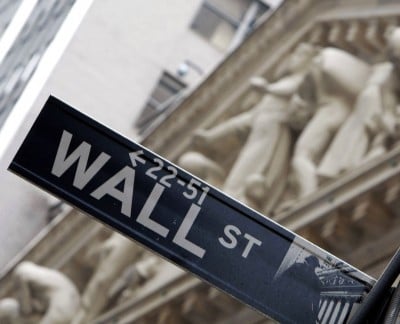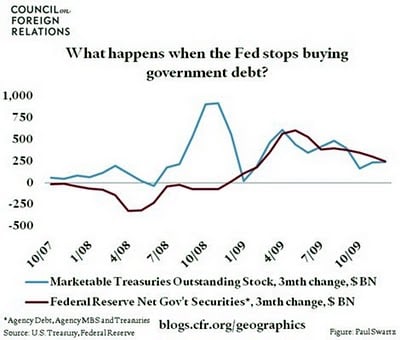U.S. Government Is Now a Major Counterparty to Wall Street Derivatives

According to a study released by the Federal Reserve Bank of New York in March of last year, U.S. taxpayers have already injected $187.5 billion into Fannie Mae and Freddie Mac, two companies that prior to the 2008 financial crash traded on the New York Stock Exchange, had shareholders and their own Board of Directors while also receiving an implicit taxpayer guarantee on their debt. The U.S. government put the pair into conservatorship on September 6, 2008. The public has been led to believe that the $187.5 billion bailout of the pair was the full extent of the taxpayers’ tab. But in an astonishing acknowledgement on February 25 of this year, the Government Accountability Office, the nonpartisan investigative arm of Congress, issued an audit report of the U.S. government’s finances, revealing that the government’s “remaining contractual commitment to the GSEs, if needed, is $258.1 billion.”
 This suggests that somehow, without the American public’s awareness, the U.S. government is on the hook to two failed companies for $445.6 billion dollars. And that may be just the tip of the iceberg of this story.
This suggests that somehow, without the American public’s awareness, the U.S. government is on the hook to two failed companies for $445.6 billion dollars. And that may be just the tip of the iceberg of this story.
The official narrative around the bailout of Fannie and Freddie is that they were loaded up with toxic subprime debt piled high by the Wall Street banks that sold them dodgy mortgages. While that is factually true, the other potentially more important part of this story is the counterparty exposure the Wall Street banks had to Fannie and Freddie’s derivatives if the firms had been allowed to fail.
 The New York Fed’s staff report of March 2015 concedes the following:
The New York Fed’s staff report of March 2015 concedes the following:
“Fannie Mae and Freddie Mac held large positions in interest rate derivatives for hedging. A disorderly failure of these firms would have caused serious disruptions for their derivative counterparties.”
Exactly how big was this derivatives exposure and which Wall Street banks were being protected by the government takeover of these public-private partnerships that had spiraled out of control into gambling casinos?
.

